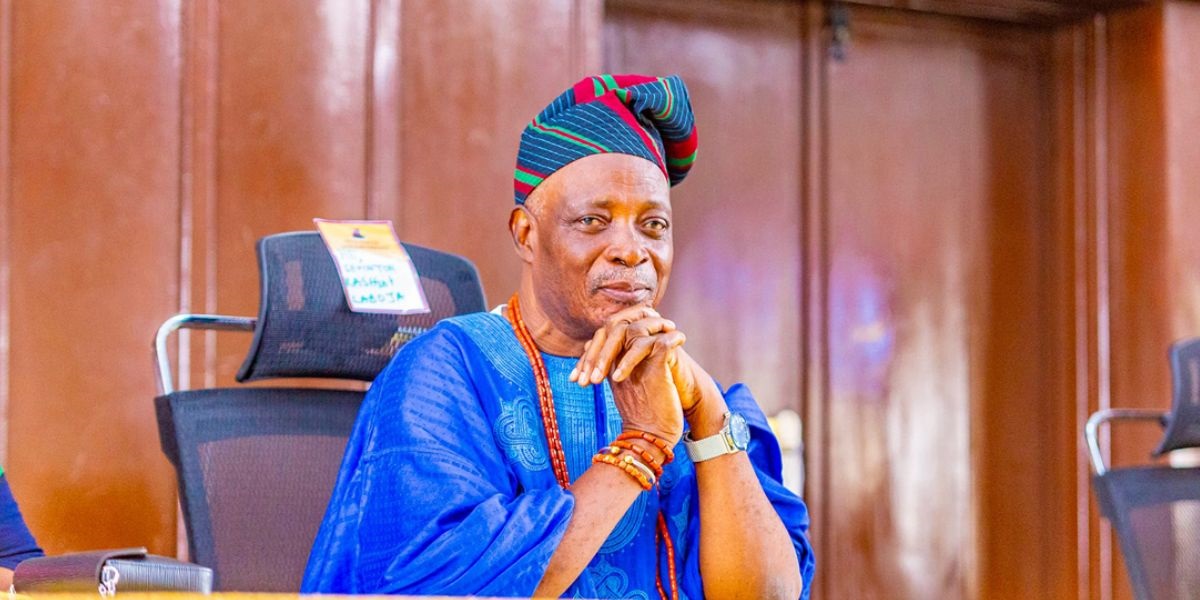
The deadly stampede at a football stadium in Guinea on December 1 left 140 people dead with 11 still listed as missing, according to an independent report published Friday.
The report said the stampede, which sparked criticism of the government, also caused serious injuries and material damage during the match played in honour of the leader of the West African country’s ruling junta.
The official death toll from the incident in N’Zerekore, in Guinea’s southeast, stands at 56 but has been widely disputed by local organisations.
“It was during this event that a crowd movement, stone throwing and excessive use of tear gas by defence and security forces brought about an unprecedented tragedy in the region,” the report stated.
The report, written by a group of local human rights organisations, is based on information from victim testimonies, match organisers, security forces and administrative authorities.
Thousands of people had gathered in the dilapidated April 3 Stadium to watch the game between the local team and one from Labe, in the country’s north.
READ ALSO: Stampedes: How not to cater for poor masses, share largesse
“The stadium was packed beyond capacity,” the report noted.
A refereeing decision late in the game in favour of the home side angered some rival supporters, leading to several witnesses reporting stones being thrown from outside the stadium, causing the match to be halted and prompting mass jostling in the stands.
“In this climate of total panic, jostling, people started to climb the walls and spectators ran towards one of the large open stadium entrance doors where police pickups were parked,” the report said.
The report criticised police use of tear gas inside the stadium which, combined with the bulging crowds saw “several children, not having the strength necessary to struggle, suffocated and trampled by other spectators.”
“Administrative vehicles and other users apparently hit many spectators trying to leave the stadium,” the report continued, with pictures published showing dozens of lifeless bodies in hospital in N’Zerekore, where people converged seeking news of their loved ones.
The report alluded to a context of “restrictions on freedoms and fundamental rights” in Guinea and noted events were able to be held in support of the regime “at the same time as the military junta (had) banned demonstrations” against the ruling powers.
Guinean Prime Minister Amadou Oury Bah blamed arbitration and poor governance and had refuted any intention of concealing the true number of victims.






